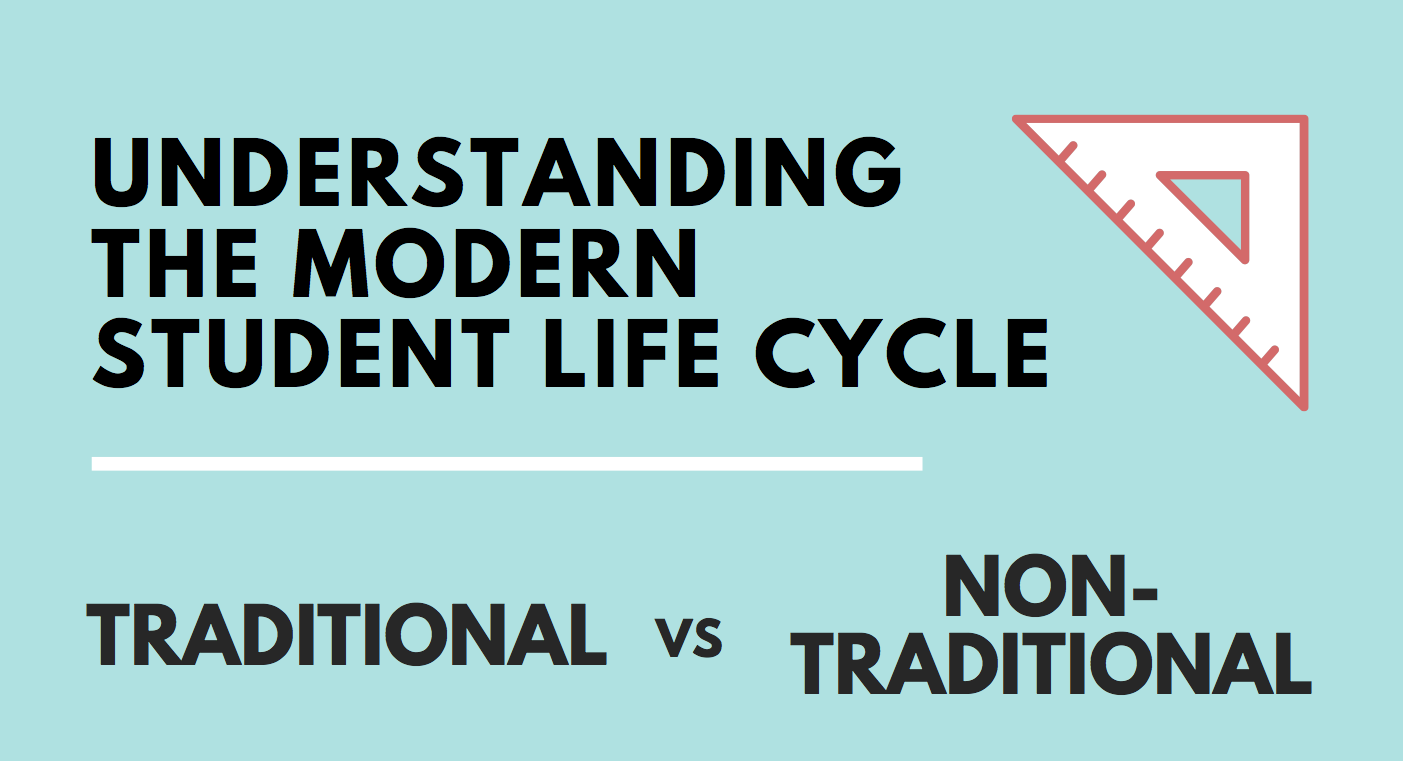Solutions
Find out more about how Ready Education's solutions can benefit your institution.
Solutions
Find out more about how Ready Education's solutions can benefit your institution.
Node URL: https://www.readyeducation.com/en/solutions/strengthen-student-engagement
Node label: Strengthen Student Engagement
page: https://www.readyeducation.com/en/solutions/strengthen-student-engagement
Node URL: https://www.readyeducation.com/en/solutions/strengthen-student-engagement
Node label: Strengthen Student Engagement
page: https://www.readyeducation.com/en/solutions/student-and-academic-success
Node URL: https://www.readyeducation.com/en/solutions/student-and-academic-success
Node label: Support Student and Academic Success
page: https://www.readyeducation.com/en/solutions/strengthen-student-engagement
Node URL: https://www.readyeducation.com/en/solutions/student-and-academic-success
Node label: Support Student and Academic Success
page: https://www.readyeducation.com/en/solutions/student-and-academic-success
Node URL: https://www.readyeducation.com/en/solutions/streamline-communications
Node label: Streamline Communications
page: https://www.readyeducation.com/en/solutions/strengthen-student-engagement
Node URL: https://www.readyeducation.com/en/solutions/streamline-communications
Node label: Streamline Communications
page: https://www.readyeducation.com/en/solutions/student-and-academic-success
Node URL: https://www.readyeducation.com/en/solutions/centralise-resources
Node label: Centralise Resources
page: https://www.readyeducation.com/en/solutions/strengthen-student-engagement
Node URL: https://www.readyeducation.com/en/solutions/centralise-resources
Node label: Centralise Resources
page: https://www.readyeducation.com/en/solutions/student-and-academic-success
Node URL: https://www.readyeducation.com/en/solutions/strengthen-student-engagement
Node label: Strengthen Student Engagement
page: https://www.readyeducation.com/en/solutions/streamline-communications
Node URL: https://www.readyeducation.com/en/solutions/strengthen-student-engagement
Node label: Strengthen Student Engagement
page: https://www.readyeducation.com/en/solutions/centralise-resources
Node URL: https://www.readyeducation.com/en/solutions/strengthen-student-engagement
Node label: Strengthen Student Engagement
page: https://www.readyeducation.com/en/solutions/student-centralization
Node URL: https://www.readyeducation.com/en/solutions/student-and-academic-success
Node label: Support Student and Academic Success
page: https://www.readyeducation.com/en/solutions/streamline-communications
Node URL: https://www.readyeducation.com/en/solutions/student-and-academic-success
Node label: Support Student and Academic Success
page: https://www.readyeducation.com/en/solutions/centralise-resources
Node URL: https://www.readyeducation.com/en/solutions/student-and-academic-success
Node label: Support Student and Academic Success
page: https://www.readyeducation.com/en/solutions/student-centralization
Node URL: https://www.readyeducation.com/en/solutions/streamline-communications
Node label: Streamline Communications
page: https://www.readyeducation.com/en/solutions/streamline-communications
Node URL: https://www.readyeducation.com/en/solutions/streamline-communications
Node label: Streamline Communications
page: https://www.readyeducation.com/en/solutions/centralise-resources
Node URL: https://www.readyeducation.com/en/solutions/streamline-communications
Node label: Streamline Communications
page: https://www.readyeducation.com/en/solutions/student-centralization
Node URL: https://www.readyeducation.com/en/solutions/centralise-resources
Node label: Centralise Resources
page: https://www.readyeducation.com/en/solutions/streamline-communications
Node URL: https://www.readyeducation.com/en/solutions/centralise-resources
Node label: Centralise Resources
page: https://www.readyeducation.com/en/solutions/centralise-resources
Node URL: https://www.readyeducation.com/en/solutions/centralise-resources
Node label: Centralise Resources
page: https://www.readyeducation.com/en/solutions/student-centralization
Resources →
Introducing our Resource Library - your go-to source for valuable information. From on-demand webinars to insightful guides, reports, and infographics we know you'll find something that will benefit your institution
Resources →
Introducing our Resource Library - your go-to source for valuable information. From on-demand webinars to insightful guides, reports, and infographics we know you'll find something that will benefit your institution
Node URL: https://resources.readyeducation.com/blog
Node label: Blog
page: /blog
Node URL: https://resources.readyeducation.com/blog
Node label: Blog
page: https://resources.readyeducation.com/en/resources?resources=webinar
Node URL: https://resources.readyeducation.com/blog
Node label: Blog
page: https://resources.readyeducation.com/en/resources?resources=Case+Study
Node URL: https://resources.readyeducation.com/en/resources?resources=webinar
Node label: Webinars
page: /blog
Node URL: https://resources.readyeducation.com/en/resources?resources=webinar
Node label: Webinars
page: https://resources.readyeducation.com/en/resources?resources=webinar
Node URL: https://resources.readyeducation.com/en/resources?resources=webinar
Node label: Webinars
page: https://resources.readyeducation.com/en/resources?resources=Case+Study
Node URL: https://resources.readyeducation.com/en/resources?resources=Case+Study
Node label: Success Stories
page: /blog
Node URL: https://resources.readyeducation.com/en/resources?resources=Case+Study
Node label: Success Stories
page: https://resources.readyeducation.com/en/resources?resources=webinar
Node URL: https://resources.readyeducation.com/en/resources?resources=Case+Study
Node label: Success Stories
page: https://resources.readyeducation.com/en/resources?resources=Case+Study
Node URL: https://resources.readyeducation.com/en/resources?resources=Guide
Node label: Guides
page: /blog
Node URL: https://resources.readyeducation.com/en/resources?resources=Guide
Node label: Guides
page: https://resources.readyeducation.com/en/resources?resources=webinar
Node URL: https://resources.readyeducation.com/en/resources?resources=Guide
Node label: Guides
page: https://resources.readyeducation.com/en/resources?resources=Case+Study
Node URL: https://resources.readyeducation.com/en/resources?resources=Infographic
Node label: Infographics
page: /blog
Node URL: https://resources.readyeducation.com/en/resources?resources=Infographic
Node label: Infographics
page: https://resources.readyeducation.com/en/resources?resources=webinar
Node URL: https://resources.readyeducation.com/en/resources?resources=Infographic
Node label: Infographics
page: https://resources.readyeducation.com/en/resources?resources=Case+Study
Node URL: https://resources.readyeducation.com/blog
Node label: Blog
page: https://resources.readyeducation.com/en/resources?resources=Guide
Node URL: https://resources.readyeducation.com/blog
Node label: Blog
page: https://resources.readyeducation.com/en/resources?resources=Infographic
Node URL: https://resources.readyeducation.com/en/resources?resources=webinar
Node label: Webinars
page: https://resources.readyeducation.com/en/resources?resources=Guide
Node URL: https://resources.readyeducation.com/en/resources?resources=webinar
Node label: Webinars
page: https://resources.readyeducation.com/en/resources?resources=Infographic
Node URL: https://resources.readyeducation.com/en/resources?resources=Case+Study
Node label: Success Stories
page: https://resources.readyeducation.com/en/resources?resources=Guide
Node URL: https://resources.readyeducation.com/en/resources?resources=Case+Study
Node label: Success Stories
page: https://resources.readyeducation.com/en/resources?resources=Infographic
Node URL: https://resources.readyeducation.com/en/resources?resources=Guide
Node label: Guides
page: https://resources.readyeducation.com/en/resources?resources=Guide
Node URL: https://resources.readyeducation.com/en/resources?resources=Guide
Node label: Guides
page: https://resources.readyeducation.com/en/resources?resources=Infographic
Node URL: https://resources.readyeducation.com/en/resources?resources=Infographic
Node label: Infographics
page: https://resources.readyeducation.com/en/resources?resources=Guide
Node URL: https://resources.readyeducation.com/en/resources?resources=Infographic
Node label: Infographics
page: https://resources.readyeducation.com/en/resources?resources=Infographic
About
Learn more about Ready Education and our leadership team
About
Learn more about Ready Education and our leadership team
Node URL: https://www.readyeducation.com/en/about
Node label: About
page: https://www.readyeducation.com/en-us/about
Node URL: https://www.readyeducation.com/en/about
Node label: About
page: https://readyedu.bamboohr.com/careers
Node URL: https://readyedu.bamboohr.com/careers
Node label: Careers
page: https://www.readyeducation.com/en-us/about
Node URL: https://readyedu.bamboohr.com/careers
Node label: Careers
page: https://readyedu.bamboohr.com/careers
 100 Summit Drive
100 Summit Drive
Burlington, MA 01803
![]()
131 Mount Pleasant
Liverpool L3 5TF, United Kingdom
Copyright 2024 Ready Education



.png)


.png)
.png)
.png)
